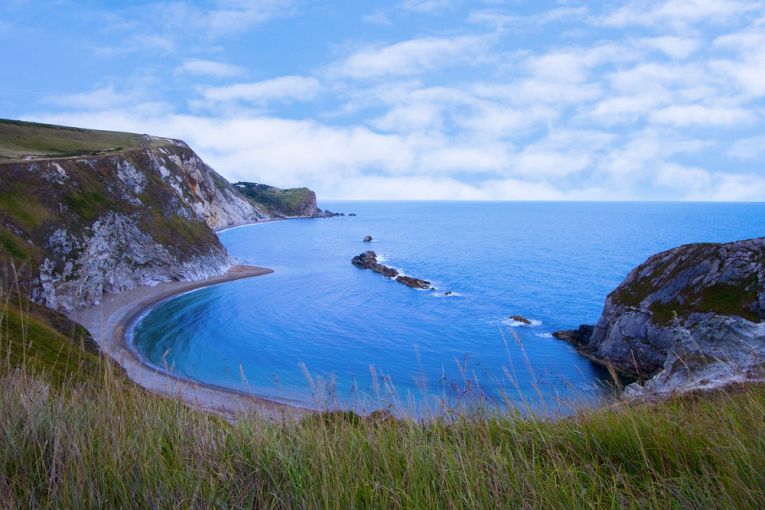How do we use the coast, when the weather breaks and we get down to the sea once more? Science journal has explored the opinions of many and the observations of the great and the good! The result is sound advice for an environment many of us enjoy more than any other, without wanting to destroy any of the pristine nature of a rocky, sandy or mud shoreline. High biodiversity characterises many island coasts, particularly, so the threat is sometimes obvious, but not always.
Sustainability being the key, Kayleigh J. Wyles and her colleagues at Plymouth University surveyed the literature available. The paper is published in Science Direct.
It concentrates on negative human impact on the environment and positive impact on the people involved. For example, we all know what trampling is. It can naturally be positive but tends to be negative on vegetation and its consumers. 4WD vehicles, on the other hand are another kettle of fish as far as erosion or loss of species is concerned. The Plymouth team also looked at expert and public opinions worldwide on the perception of both "costs" and benefits.
Traditional activity such as fishing are somehow viewed as harmful and swimming less harmful! Obviously consensus here is more distant than any normal situation. The point of view of differing communities has to be taken into account, while this study concentrates on rocky shores, possibly to exclude any simpler, beach-holiday conclusions, where entertainment is often externally applied!. Many Americans or Africans may never see the sea, while coastal kids will almost grow up as inhabitants of rock pools.
The SW of England was taken as one rocky littoral region where the sea has been the major influence on human communities for thousands of years. This integrated approach to coastal recreations looked for management priorities for any similar rocky coast. There are 320 million visits to the UK coast every year and 300, 000 jobs involved in the relevant tourist industries. Both experts and laymen tend to agree on the main priorities. Visitor well-being seemed high on the list, perhaps associated with the ecological human experience throughout our history. The psychology is vague but consists of the psyche's escape from the urban environment that is England! Even recovery from surgery is involved apparently, but blue aquatic environment is preferred ton green, surprisingly.
The activities were an interesting choice in themselves. Walking, dog walking, jogging, swimming, snorkeling, crabbing, fishing, playing with the family, paddling, sunbathing/relaxing, rock pooling, wildlife watching (e.g. bird watching), picnicking, fossil hunting and cycling sound like the typical middle-aged European obsessions we know. Surfing is equally popular among younger people on the north coast of the area and whale-watching (slightly different from wildlife watching) and other more recent "obsessions" could easily be added.
We mustn't be too critical as response from the public would have been central to the list. More important is the vast amount of litter, regularly collected by organisations such as the Marine Conservation Society and noted in the surveys here particularly frequently. The shore visit can be seen as increasing awareness of the maritime condition, and also litter awareness. As the authors admit, being limited to perceptions leaves their results short of actual experiences. Maybe in future research?
Different populations and cultures obviously have different tastes. To the credit of this research, it encourages further investigation on just how we protect the environment, particularly in shores near urban centres. Depreciation is their key word, but the answer to the obvious problems may lie with encouraging diverse use of the boating areas or novel ways of introducing the available activities to visitors. Certainly these traditional occupations of the beach visitor can now be ordered on a public satisfaction basis and assessed as to their environmental impact. Only good can come from research that attracts people to engage with their own ecology.










